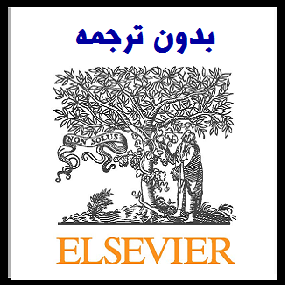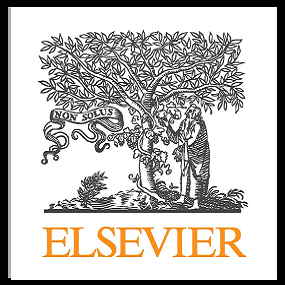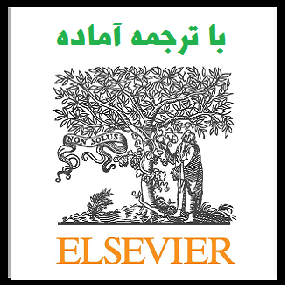دانلود رایگان مقاله بنیادهای خرد رشد کسب و کار جهانی: مشارکت سهامدار و شراکت کارآفرینانه استراتژیک – سال 2020


مشخصات مقاله:
عنوان فارسی مقاله:
بنیادهای خرد رشد کسب و کار جهانی: مشارکت سهامدار و شراکت کارآفرینانه استراتژیک
عنوان انگلیسی مقاله:
The micro-foundations of global business incubation: Stakeholder engagement and strategic entrepreneurial partnerships
کلمات کلیدی مقاله:
میکرو بنیاد، نظریه سهامداران، جوجه کشی تجارت فناوری، موقتی بودن، مشارکت بین المللی کارآفرینی
مناسب برای رشته های دانشگاهی زیر:
مدیریت
مناسب برای گرایش های دانشگاهی زیر:
کارآفرینی، مدیریت کسب و کار
وضعیت مقاله انگلیسی و ترجمه:
مقاله انگلیسی را میتوانید به صورت رایگان با فرمت PDF با کلیک بر روی دکمه آبی، دانلود نمایید. برای ثبت سفارش ترجمه نیز روی دکلمه قرمز رنگ کلیک نمایید. سفارش ترجمه نیازمند زمان بوده و ترجمه این مقاله آماده نمیباشد و پس از اتمام ترجمه، فایل ورد تایپ شده قابل دانلود خواهد بود.
فهرست مطالب:
Abstract
Keywords
Introduction
Theoretical background
Global strategic partnerships and stakeholder engagement
A temporal perspective on entrepreneurship and stakeholder engagement
Technology business incubation and international entrepreneurship
Research method
The qualitative case method in stakeholder engagement research
The storytelling method for entrepreneurship research
Research contexts
Data collection and analysis
Findings
The dynamics of stakeholder engagement for entrepreneurial development
Phase 1 (early stage): initiating ideas through proactive agency
Phase 2 (developmental stage): orchestrating resources with stakeholders
Phase 3 (outcome stage): partaking of activities by stakeholders
A process model of stakeholder engagement on entrepreneurial development
Discussion
Theoretical contributions
Managerial and policy implications
Limitations and future research directions
Acknowlegements
References
قسمتی از مقاله انگلیسی:
Introduction
Entrepreneurship is rarely a lonesome journey, with stakeholder engagement having the potential of significantly affecting the developmental trajectory of entrepreneurship and innovation activities (Lippmann and Aldrich, 2016). Stakeholders may serve as resource providers (Armanios et al., 2017), distribution partners (Liu, 2017), and suppliers (Liu and Almor, 2016), including financial investors (Smith and Lohrke, 2008), government or government-related agencies (Xing et al., 2018), and universities and research institutions (Liu and Huang, 2018) assisting entrepreneurs in the pursuit of their aspirations and imaginative ideas. However, entrepreneurs need to pay close attention to various issues, including why, where, and how they and their stakeholders encounter challenges, and identify and capture opportunities to create value mutually through collaborative partnerships (Kaufmann and Shams, 2015), which points at the complexity of stakeholder engagement for entrepreneurs. Research has begun to highlight the importance of stakeholder theory in examining entrepreneurship in the context of global strategic partnerships. For instance, stakeholder analysis may assist entrepreneurs in discovering new opportunities by leveraging the complexity of stakeholder relationships to overcome entrepreneurial cognitive limitations (Vandekerckhove and Dentchev, 2005). Stakeholder relationships can also affect entrepreneurial intensity in the context of established organizations (Kuratko et al., 2007). However, there is a lack of research conducted on the dynamics of stakeholder engagement and entrepreneurial development through a temporality lens (Burns et al., 2016). This gap resonates with the lack of attention given to the temporal perspective in entrepreneurship research (Lévesque and Stephan, 2020; McMullen and Dimov, 2013). Furthermore, in relation to entrepreneurial performance, stakeholder relationships tend to be contingent upon the institutional environment (Hiatt et al., 2018). This indicates that a comparative study conducted in different institutional contexts may provide some revealing insights into why and how stakeholders matter for entrepreneurial development.




